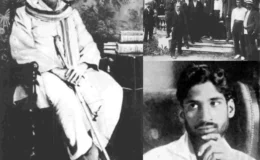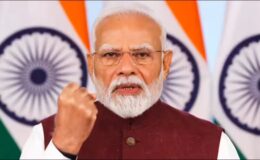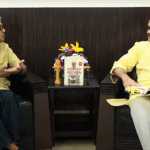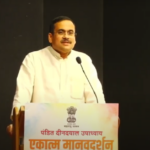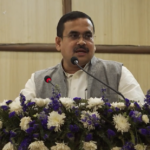Massive Response to Modi Unnerves Mamata
- By : Anirban Ganguly
- Category : Articles
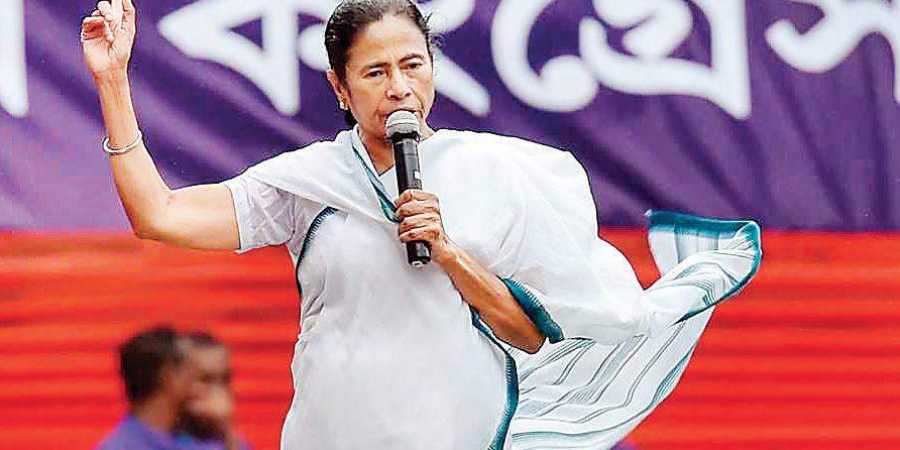
In her unbridled quest for the imaginary prime ministership of an imaginary “Federal Front”, West Bengal Chief Minister and Trinamool Congress leader Mamata Banerjee unleashed an attack on the democratic and federal fabric of India and her Constitution in the evening of February 3. Not since Independence has one seen an elected Chief Minister in India literally run to the defence of her police commissioner, encourage them to sit in a political dharna with her, order the threatening and manhandling of officers of the agencies of the Union and incite men in uniform to revolt against the Government of India.
If one recalls, in 2016, the same Mamata Banerjee, in a fit of confused rage and paranoia, had locked herself up in ‘Nabanna’, the state secretariat for over 30 hours, held press conferences all the while alleging that the Indian army was trying to engineer a coup in West Bengal.
The army, it was discovered, was undertaking a routine exercise of surveying high toll plazas, which is done across the country, in order to ascertain the volume of traffic, a calculation that is needed to gauge the possibilities of rapid deployment in case of need. A paranoid, frothing Mamata Banerjee, had then cast aspersions on the army and had displayed her penchant to force a constitutional crisis.
Of late, her propensity to treat West Bengal as a separate “republic”, not part of or divorced from the federal structure, has become brazen. She is increasingly resorting to sort of separatist Bengali nationalism, which in the long will obviously fail, but may have the capacity to do damage with the psyche of West Bengal besides introducing elements that are inimical to India’s national security interest. One would never want such a self-obsessed, paranoid and irresponsible leader to ascend the seat of Prime Minister.
Since public memory is short, it is essential that acts of such sacrilege and subversion be retained in our collective memory and whenever required be resisted, so that never again can the country be turned into one large prison that has had been done during the Indira Gandhi-imposed Emergency and never again. The entire country was witness to the disdain with which she held the Indian Constitution and how in order to shield herself and her vast network of crony capitalists and syndicates she was ready to force a constitutional crisis on the country.
It is the powerful syndicates that are now controlling the levers of power in the TMC. The party has turned into an intricate network of factions and syndicates, imposing a sort of tax (tola) for everything that one undertakes. This was a method mastered by the CPI(M); Mamata’s party has now outdone the communists in this game. PM Modi hit hard when he said that in West Bengal ordinary people were being crushed by the debilitating burden of “Triple-T” —Trinamool-Tolabazi-Tax.
The massive response that Narendra Modi has generated among the ordinary Bengali, which was evident on February 2 during his visit to Thakurnagar, has unnerved Mamata Banerjee. Bengal is gradually responding to Modi; he has touched the soul of this long-suffering state. This has unsettled degenerative forces such as the TMC.Twitter.

